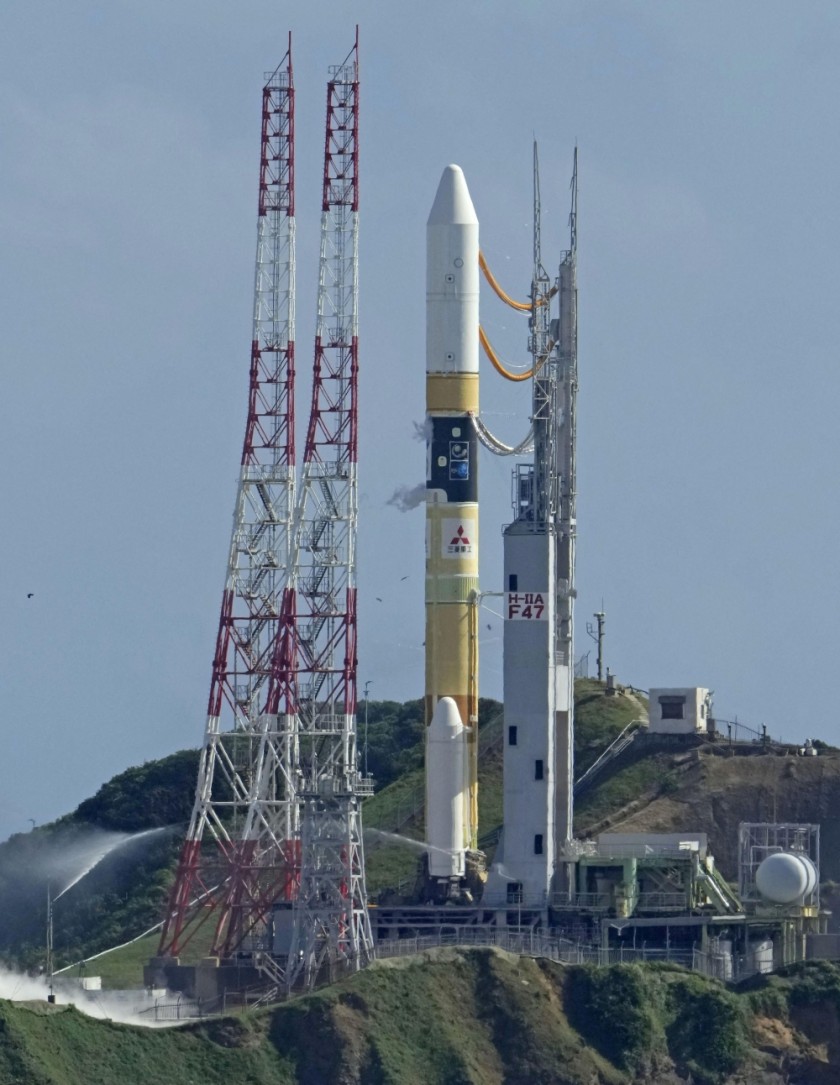Japan’s ‘Moon Sniper’ launch delayed for third time
Japan’s space agency, the Japan Aerospace Exploration Agency (JAXA), has once again postponed the launch of its “Moon Sniper” lunar mission. That’s the third time the launch has been delayed, this time due to strong winds. The new launch date has not been announced yet. The mission was set to take place from the southern island of Tanegashima and would have also carried a research satellite developed by JAXA, NASA, and the European Space Agency.
The postponement comes just a week after India successfully landed a probe on the Moon, marking a historic triumph. Previously, only the United States, Russia, and China had managed to put a spacecraft on the lunar surface, and none had landed on the south pole of the Moon. However, India’s success was overshadowed by a Russian probe crashing in the same region just days prior. This marks Japan’s latest attempt to land a lunar probe after a previous attempt named Omotenashi, carried on NASA’s Artemis 1 mission, went wrong and communication was lost with the craft.
The “Moon Sniper” mission aims to land the lightweight “Smart Lander for Investigating Moon” (SLIM) within 100 meters of a specific target on the Moon. That is much closer than previous missions that had a range of several kilometers. The SLIM will be accompanied by a palm-sized mini rover developed in collaboration with a toy company. The mission’s main objective is to investigate how the Moon was formed by examining exposed pieces of the lunar mantle.
However, Japan has faced several challenges in its space endeavors. In April, Japanese start-up ispace failed in its attempt to become the first private company to land on the Moon, losing communication with its craft after a “hard landing.” Additionally, Japan has experienced failures with its launch rockets, including the next-generation H3 model and the usually reliable solid-fuel Epsilon.
Despite these setbacks, Japan remains determined to explore the Moon and contribute to the understanding of its formation. The country’s space agency will continue to work towards a successful launch of the “Moon Sniper” mission and hopes to achieve its goals in investigating the lunar mantle. As space exploration becomes increasingly competitive, Japan’s efforts will undoubtedly contribute valuable knowledge to the scientific community’s understanding of the Moon.






